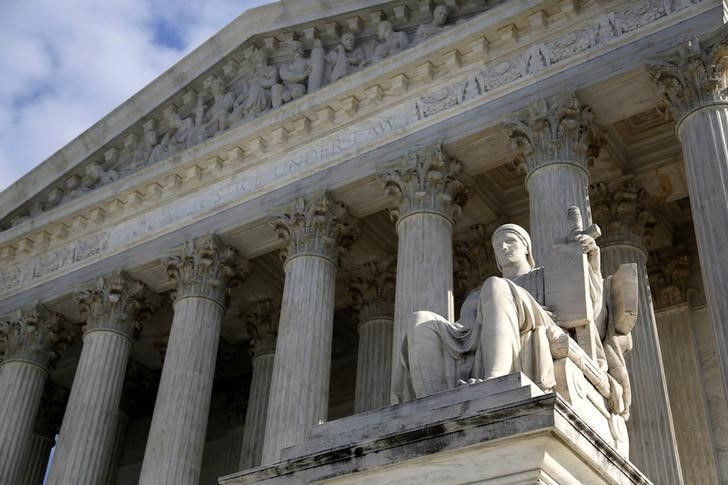Texting Suicide Trial Update: Michelle Carter Wants Supreme Court To Review Case

In 2017, Michelle Carter was convicted of involuntary manslaughter in a nonjury trial regarding the suicide of her then-boyfriend Conrad Roy III. The judge stated that because Carter's "virtual presence" made her responsible for his death she would serve a 15-month sentence. However, according to The Washington Post, her legal representation is now petitioning the Supreme Court to vacate her conviction.
The text messages, some of which were revealed in court, illustrated a relationship between two people who frequently discussed death. What began as trading stories about depression soon transformed into suggestions from Carter, then 17, about ways Roy, then 18, could take his life.
"Drink bleach. Why don't you just drink bleach?" she asked Roy in a text that was later recovered by police.
"Hang yourself. Jump over a building, stab yourself, idk. There's a lot of ways," she wrote in another message.
Eventually, the interactions snowballed into Carter pressuring Roy to follow through with his suicide plans. "If you want this as bad as you say you do, its time to do it today," she wrote the day before his 2014 death.
On the day that Roy died, he sat in his truck in a parking lot as it filled with fumes and, according to texts, had second thoughts. The indecision prompted him to temporarily leave the vehicle. Upon finding this out, Carter told him to get back inside. These texts and interactions are the basis for her conviction. Carter began serving her sentence in a Massachusetts jail after the verdict was handed down.
The case was seen as unusual being that she was not physically present when Roy took his life, yet was still found to be at fault. Additionally, the two teenagers barely spent time together in person and led generally seperate lives. They only crossed paths because they had both been visiting relatives on vacation in Naples, Florida, in 2012.
The uniqueness of the situation is what drove her lawyers to ask for the review as they called her conviction "unprecedented." Continuing, they claimed that under the First Amendment, Carter, now 22, is protected from criminal responsibility since her involvement was limited to "words alone." According to CNN, Carter's team also said that the ruling violated her freedom of speech.
It is unclear at this point if the Supreme Court will review the case.
© Copyright IBTimes 2024. All rights reserved.





















